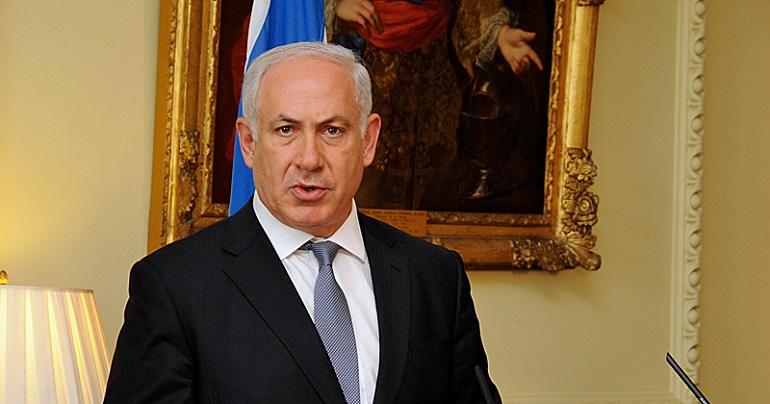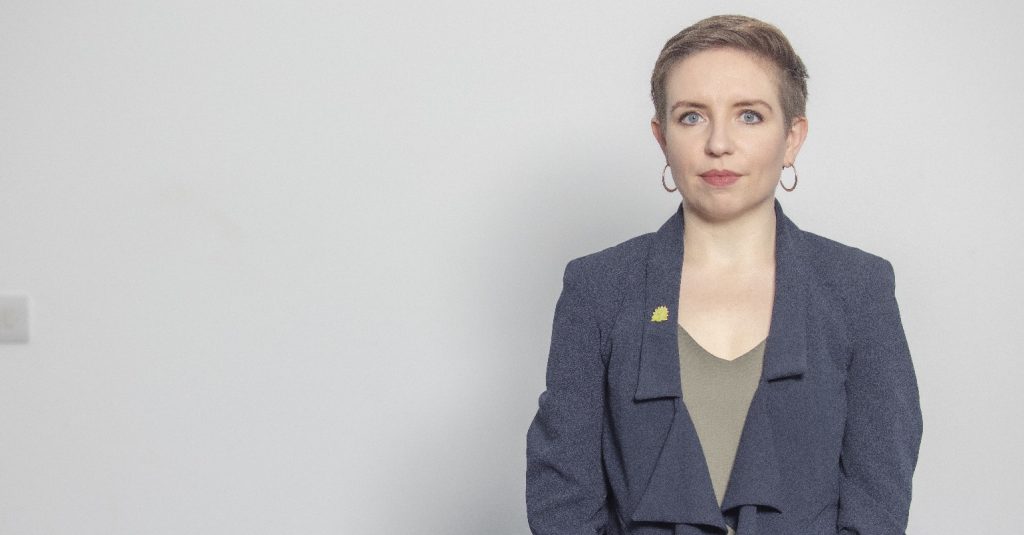What happened in Israel’s legislative elections?

The Israeli parliamentary election held on March 23 is the fourth election to take place in the past two years. Three of which have failed to produce a stable coalition or a majority that can form a government. Binyamin Netanyahu, the current prime minister of Israel and the leader of the Likud, is struggling to secure a majority of seats in the Knesset against opposition parties. Final elections results confirmed yet another political stalemate.
Netanyahu, the longest-serving prime minister in the history of Israel, is battling to secure voters’ power at the ballot box, promising to oppose the Iranian nuclear deal, expanding diplomatic relationships with Arab countries, and supporting the Israeli settlement in the West Bank.
The Israeli political parties, including the Likud, have proven that the new norm of political stalemate is a considerable option at their disposal. For Netanyahu, who is on trial for alleged corruption, each election is a survival opportunity to capture. As for others, it’s a referendum on Netanyahu’s political leadership.
The latest results show that no party was able to secure a majority of seats, and the race now depends on the coalition formation between political parties. Potential coalitions could include right, far right, centrist-left, and Arab political runners for the Parliament.
Possibility of coalitions?
The deep divisions between the political parties in the Israeli political scene make it extremely difficult to form coalitions. While the Likud party and its allies hold 52 seats, the opposition, and allies hold around 57 seats. Neither group can secure a majority without the two remaining political parties. The first one is the Yamina party led by Naftali Bennett, a former minister, and Netanyahu aide, and the second is the Raam party, an Arab Islamist party, which secured 4 seats.
If Netanyahu is forced to form a coalition with Raam, he will likely lose the support of other allies who will not welcome an Arab party in the governing coalition, and thus the potential for a fifth election increases.
The Blue and White party led by Benny Gantz has secured 7 seats in the elections, enabling Gantz to stay in the parliament and become the next Prime Minister in November 2021 if no clear winner emerges by then. This legislation was passed as a part of the previous government coalition with Netanyahu which has crumbled after a budget deadlock. In other words, the Likud has one more opportunity to rally voters while being in office.
Possibility of a fifth election
The final results were announced on Friday. In the next stage, the Israeli president needs to weigh up with the political parties to decide the candidate who will try to form the government. Within a month and a half, this candidate can be rallied out by lawmakers to be replaced by an alternative prime minister candidate. By then, if no government coalition is formed within two weeks, a new election will be necessary and will take place by Autumn at the latest.
While the geopolitics of the Middle East is in turbulence, the result of the Israel election carries a lot of significance regionally. First, the Biden administration is currently taking serious steps towards the Iran case in the absence of clear Israeli influence. Second, the Arab Israeli diplomatic normalisation process is still ongoing, while it’s still unclear if other leadership candidates will pursue the process of normalisation as a priority or not.
Lastly, Palestinians are heading to ballot boxes to elect a new parliamentary congress for the first time in 15 years, to be followed by presidential elections. Both elections might present a different reality to the status quo between the security and intergovernmental relations of Palestinians and Israeli governments. Nonetheless, the Palestinian issue has been presented as the least important issue by the Israeli candidates.
The results have been announced, indicating a total of 13 parties entering the Knesset, the largest number of parties since the 2003 elections. It’s up to these parties now to decide the future of the Israeli government.
PS. We hope you enjoyed this article. Bright Green has got big plans for the future to publish many more articles like this. You can help make that happen. Please donate to Bright Green now.
PPS. Bright Green has an exciting series of events coming up. Join us for debates, interviews and much more.
Image credit: 10 Downing Street – Creative Commons


Leave a Reply